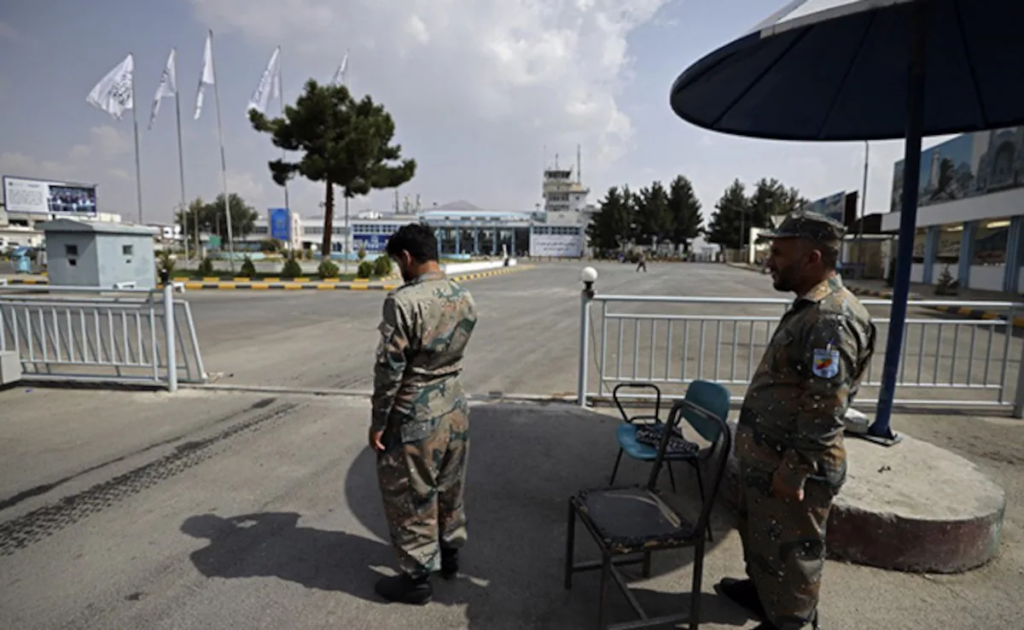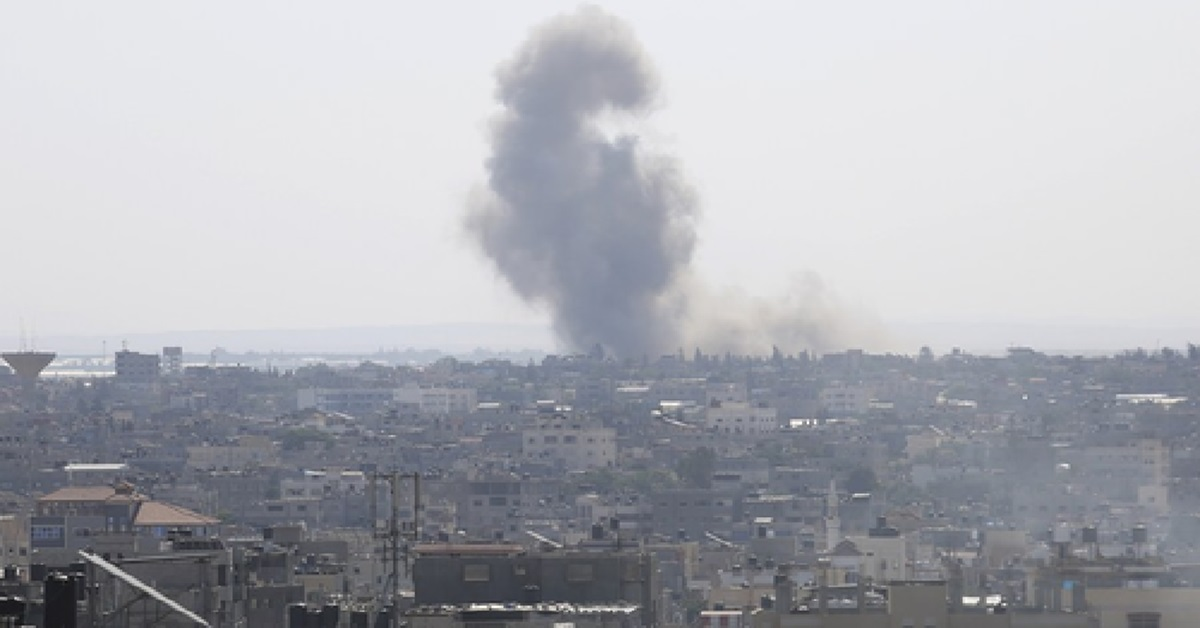Pakistan’s recent airstrikes in Afghanistan have heightened tensions between the two nations, marking a grim escalation in the ongoing conflict with the Pakistani Taliban (TTP).
The strikes, conducted on December 24, targeted suspected TTP hideouts in Paktika province’s Barmal district, leading to significant destruction and civilian casualties.
This incident has brought to light the fragile dynamics of cross-border relations and the devastating human cost of military actions in an already volatile region.
As diplomatic efforts falter, the crisis underscores the urgent need for comprehensive solutions to address militancy and foster regional stability.
A Devastating Attack in Paktika Province
On December 24, Pakistan launched a series of rare airstrikes in Afghanistan, targeting alleged training camps of the Pakistani Taliban. The strikes affected seven villages in the Barmal district of Paktika province, including Laman and Murg Bazaar, leaving behind a trail of destruction.
Reports from Afghan sources indicate that hundreds of casualties resulted from the strikes, with at least 15 confirmed deaths, including women and children. Murg Bazaar village, in particular, was almost entirely destroyed, displacing residents and worsening the ongoing humanitarian crisis in the region.
The airstrikes have further exacerbated tensions between Islamabad and Kabul, with the Afghan Taliban condemning the attacks as a violation of their sovereignty.
For Pakistan, the operation was a strategic attempt to weaken the TTP, a militant group responsible for numerous attacks on Pakistani soil. However, the devastation inflicted on civilian populations has raised serious questions about the human cost of such military actions.
The Roots of the Conflict
The escalating violence between Pakistan and the TTP is rooted in a history of mistrust and unresolved grievances. The TTP, also known as the Pakistani Taliban, has intensified its attacks on Pakistan’s security forces since its leadership reportedly began operating from Afghanistan.
Following the Afghan Taliban’s takeover in 2021, Islamabad has accused Kabul of providing sanctuary to the TTP, further straining relations between the two countries.
Pakistan Air Force struck in Afghanistan eliminating over 40+ TTP terrorists and crippling militant infrastructure in Paktika province Afghanistan. https://t.co/tRyR1yH8Vg pic.twitter.com/EvthppFEEU
— NORDIC NEWS (@finland227) December 24, 2024
In November 2022, the TTP declared a ceasefire with the Pakistani government, but the truce was short-lived. Cross-border violence escalated, with militant attacks targeting Pakistani soldiers and police personnel.
For Pakistan, the recent airstrikes represent an attempt to dismantle the TTP’s operational infrastructure and prevent future attacks. However, such actions risk deepening the divide between Islamabad and Kabul, making long-term conflict resolution even more challenging.
Internally, Pakistan faces mounting security concerns as TTP activities destabilize its border regions. This, coupled with political instability, has left the government with limited options to address the growing threat. While military operations may offer temporary relief, they are unlikely to provide a sustainable solution to the problem of militancy.
Reactions and Implications
The Afghan Taliban’s response to the airstrikes has been unequivocal. Condemning the attacks as a “cowardly act,” the Ministry of Defense in Kabul vowed retaliation, emphasizing Afghanistan’s right to defend its territorial integrity.
The ministry further criticized Pakistan for taking unilateral measures, arguing that such actions only exacerbate existing tensions. The Afghan Taliban also highlighted the plight of Waziristani refugees affected by the strikes, calling attention to the broader humanitarian impact.
The airstrikes have also drawn criticism from humanitarian organizations and international observers, who have warned of the dire consequences for civilians.
The destruction of villages like Murg Bazaar has displaced families, leaving them without access to basic necessities. In this context, the humanitarian crisis in the region continues to deepen, with little hope of immediate relief.

Diplomatically, the airstrikes represent a significant setback for relations between Islamabad and Kabul. Hours before the operation, Pakistan’s special envoy for Afghanistan visited Kabul to discuss bilateral ties and trade, highlighting the potential for cooperative measures. However, the subsequent military action has undermined these efforts, further eroding trust between the two nations.
For the broader region, the implications of the airstrikes are far-reaching. Neighboring countries and international stakeholders have long advocated for dialogue and collaboration to address cross-border militancy. However, unilateral military actions like these risk destabilizing the region, complicating efforts to achieve lasting peace.
Pakistan’s airstrikes on Afghan villages mark a troubling escalation in its conflict with the TTP. While aimed at addressing a genuine security threat, the strikes have resulted in significant civilian casualties and deepened the rift between Islamabad and Kabul.
The Afghan Taliban’s vow of retaliation adds another layer of complexity to an already volatile situation, raising concerns about further hostilities.
As the crisis unfolds, the need for dialogue and cooperation becomes increasingly evident. Both Pakistan and Afghanistan must prioritize diplomacy over unilateral actions to address shared security challenges.
Failure to do so risks perpetuating a cycle of violence with devastating consequences for the region. A collaborative approach is essential to ensuring long-term stability and addressing the root causes of militancy.

